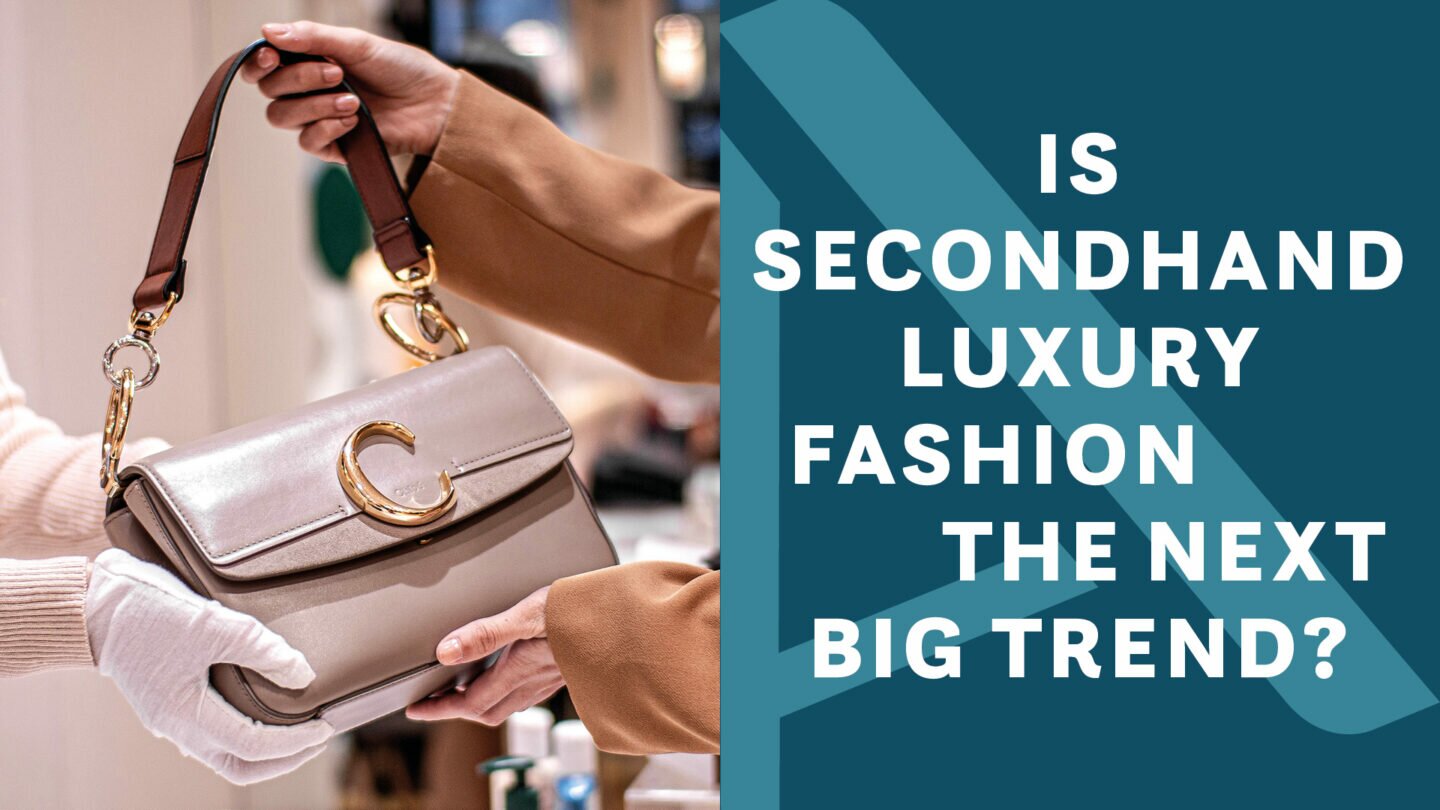Since leaving her frontline job at casinos and banks where she donned a uniform, Pearl Wong found herself getting bored with her wardrobe and “lack of pretty” office clothes.
But after subscribing to fashion rental platform Style Theory, she enjoyed being able to try out different fashion styles every week, including minimalist and Western fashion styles she previously did not appreciate. This helped her to cut down on buying clothes in the wrong size or colour. “I love it. I am shopping more wisely and don’t splurge on clothes now,” said the 38-year-old quality assurance analyst.
The rise of sustainable shopping
Once stigmatised, Asia is seeing an uptick in more conscious shoppers who are turning to renting or buying luxury fashion second-hand.
With the market estimated to be worth $40 billion worldwide, investors are throwing their weight behind preloved luxury platforms. French luxury resale site Vestiaire Collective – which is in Singapore, Hong Kong and Australia – hit US$1.7 billion valuation in its latest funding round, with high-profile backers such as SoftBank.
Greater environmental awareness is driving a new wave of sustainable consumption, said Raena Lim and Chris Halim, the husband-and-wife duo behind Style Theory, which allows subscribers to loan apparel and luxury bags for a flat monthly fee.
Inspired by the sharing economy model, the couple sought to create a cloud wardrobe for customers. In a testament to the burgeoning market, the VC-funded company has raised close to US$30 million since its launch in 2016, expanding from Singapore, Indonesia and now Hong Kong. To date, it has over 200,000 users and counting, comprising a female-dominated clientele of working professionals in their 20s to 40s.
This demand has accelerated with the Covid-19 pandemic as well. “We are seeing a green awakening in consumers who are starting to re-evaluate their lives and strive to live more consciously,” said Halim.
The company relies on harnessing data to promote a greener business model. For instance, after noticing that M sized clothes with long sleeves tended to do better in Indonesia, they shared the data with designers, who would then refine production patterns and produce more in this style and size. The brand also offers a bag restoration service.
“When people buy and throw it creates an insane amount of waste. So we strive to offer alternative ways to consume fashion in a greener way,” said Lim
To date, it has saved 600,000 pieces of apparel and bags from the landfills.
With Covid-19, people are forced to spend more time at home and many “become conscious of their crammed closets and the potential value held within,” said Sarah Garner, founder of Retykle, Asia’s leading resale platform dedicated to children’s designer clothing.
“With the restrictions placed all around the world, more shoppers have shifted their purchases online, uncertainty has brought about more budget conscious purchases and a willingness to unlock earnings from things you no longer need, and the climate crisis has propelled customers to act to align with values that support a greener future. All of these macro factors support a shift to buying and selling second-hand,” said Garner.
The mother-of-two saw first-hand how quickly kids outgrow their clothes. She saw a gap in a market when she realised the formal second-hand baby, kids and maternity fashion market was largely non-existent.
Parents and expectant mothers who wanted to buy or sell pre-loved clothing mainly relied on discussion forums or localised Facebook groups, and the process was “riddled with inefficiencies”, she said.
“I sought to make resale as attractive as buying new items, using my experience in luxury fashion to make this a desirable option for parents,” she said.
Six years on, the platform now carries over 2,500 designer children’s clothing brands, including Jacadi, Petit Bateau, Stella McCartney, Ralph Lauren and Burberry, and has expanded to include a pool of some 350,000 users.
To date, Retykle has also secured more than US$1.6 million in funding from investors, upon the closure of its seed round at the beginning of this year, with the backing of investors such as Lazada Group co-founder Tim Rath.
This support is testament to the potential in the circular fashion space, said Garner. In October this year, the Hong Kong-founded brand made its first overseas foray to Singapore. Shoppers can now sell and purchase online, or drop off their clothes at a physical studio here.
The team also developed a carbon savings calculator to help buyers and sellers better understand their carbon footprint by trading their pre-loved fashion items on the platform. Other green initiatives include a partnership with non-profit Climate Neutral to become climate neutral certified earlier in the year.
Amid more consumers shunning fast fashion for its detrimental environmental impacts, it’s clear that the fast-growing resale space is the future of shopping. “As a country, as a city, everyone is progressing towards a greener lifestyle. That’s the next phase of civillisation that is super important to embrace,” points out Halim.




